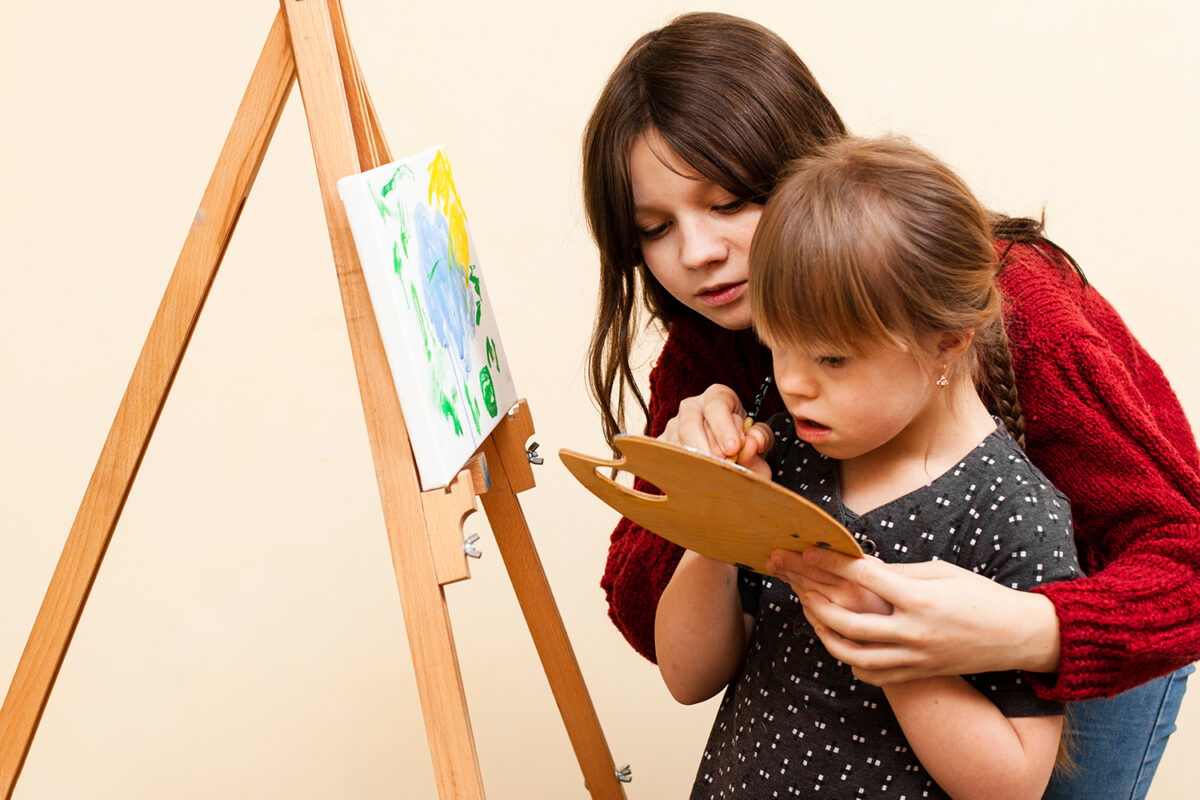Everything you need to know about a late talker!
A toddler between 1.5 years – 2.5 years who has good social skills, thinking skills, typically developing play skills, motor skills, and understanding of language, but has a limited spoken vocabulary for his or her age is usually referred to as a late talker. Usually most of the kids start talking from 9 months to 18 months. If you have a child that hasn’t spoken any words at that age, we want to look carefully at that child.
If your child has a Speech or Language Delay, there are a few signs to look for:
- Incapable of communicating by the age of 2 years.
- Inability to speak in short sentences before the age of 3 years.
- Inability to follow instructions.
- A lack of communication or word pronunciation.
- Difficulty forming a sentence together.
- Leaving out words from a sentence.
There are two types of late talkers:
Speech delay:
Alludes to the words we say and how we say them. Kids with speech deferrals might battle to figure out words, and you might find them experiencing issues understanding what you are talking about.
Language Delay:
Language alludes to the way we speak with others. Youngsters who are deferred in their language improvement might have the option to say a couple of words yet have a restricted jargon or can’t put multiple words together.
Speech or Language delays in children have many possible causes. Some common causes include the following:
Several Psychosocial Issues:
These can cause language delays, as well. For example, severe neglect can lead to problems with language development.
Hearing Impairment:
It’s common for children who have a hearing impairment to have a language impairment as well. If they can’t hear language, learning to communicate can be difficult.
Intellectual Disability:
A variety of intellectual disabilities can cause language delays. For instance, dyslexia and other learning disabilities lead to language delays in some cases.
Autism:
While not all children with autism have language delays, autism frequently affects communication.
Dealing with a late talker is a stressful experience for parents. A parent should start to raise concerns if you think your child may be a late talker, it’s never too early to seek help. Recognizing and treating speech and language delays early on is the best approach. At Jeevaniyam, we do early intervention using out tailor made assessment protocols and our speech-language pathologist listen to your concerns and will work with your child to improve speech and language skills.


